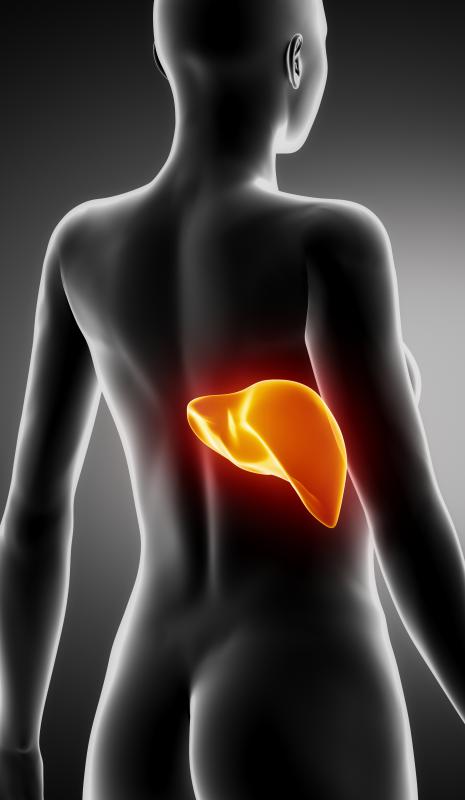At WiseGEEK, we're committed to delivering accurate, trustworthy information. Our expert-authored content is rigorously fact-checked and sourced from credible authorities. Discover how we uphold the highest standards in providing you with reliable knowledge.
What is Metabolomics?
Metabolomics is a new branch in analytical biochemistry that is related to metabolism — the process of converting food energy into mechanical energy or heat. The byproducts of metabolism, known as metabolites, are produced in biological samples such as urine, saliva and blood plasma. Metabolomics refers to the study of these metabolite profiles as produced in biological samples. In the case of plant biology, specific tissue samples are used for metabolite profiling. Metabolomics grew along with genomics and proteomics from the mid 1990s as an outcome of the Human Genome Project, a project aimed at mapping the human gene system.
Cell activity processes such as cell signaling, energy transfer, and cell-to-cell communication are controlled by metabolites. The metabolome is a collection of all metabolites in a cell at a certain point in time. Humans have many kinds of cells with different metabolomes, but metabolomics deals with the study of metabolites with low-molecular-weight such as lipids, sugars and amino acids. These are also known as small molecules. Genetic disorders, disease or environmental disorders can be explained by the study of changes in the metabolome. Hence the study of metabolites, namely metabolomics, can help to diagnose diseases or study the effects of a poisoning substance.

There are two complementary approaches that are used for metabolomic investigations: metabolic profiling and metabolic fingerprinting. In metabolic profiling, quantitative analytical methods are used to measure metabolites of a particular class. In metabolic fingerprinting, fingerprints are compared to determine whether metabolites have changed because of disease or exposure to toxins. To make this sort of comparison, chromatograms and statistical methods might be used. It's a semi-quantitative method that can actually be applied to a wide range of metabolites. Metabolomics can be studied by a combination of metabolic profiling and fingerprinting.

Researchers expect that metabolomics can help healthcare in many ways. It should be able to produce safer drugs and better identify groups of people who are likely to benefit from a drug. Metabolomics may also help diagnose disease and monitor various health treatments. Integrated with proteomics and genomics, metabolomics is being used, for example, to find out why some people are more susceptible to liver damage from certain drugs. The field is expected to play an important role in systems biology in the long run and in the short term, it is expected to provide biomarkers to study disease and toxin exposure.
AS FEATURED ON:
AS FEATURED ON:














Discuss this Article
Post your comments